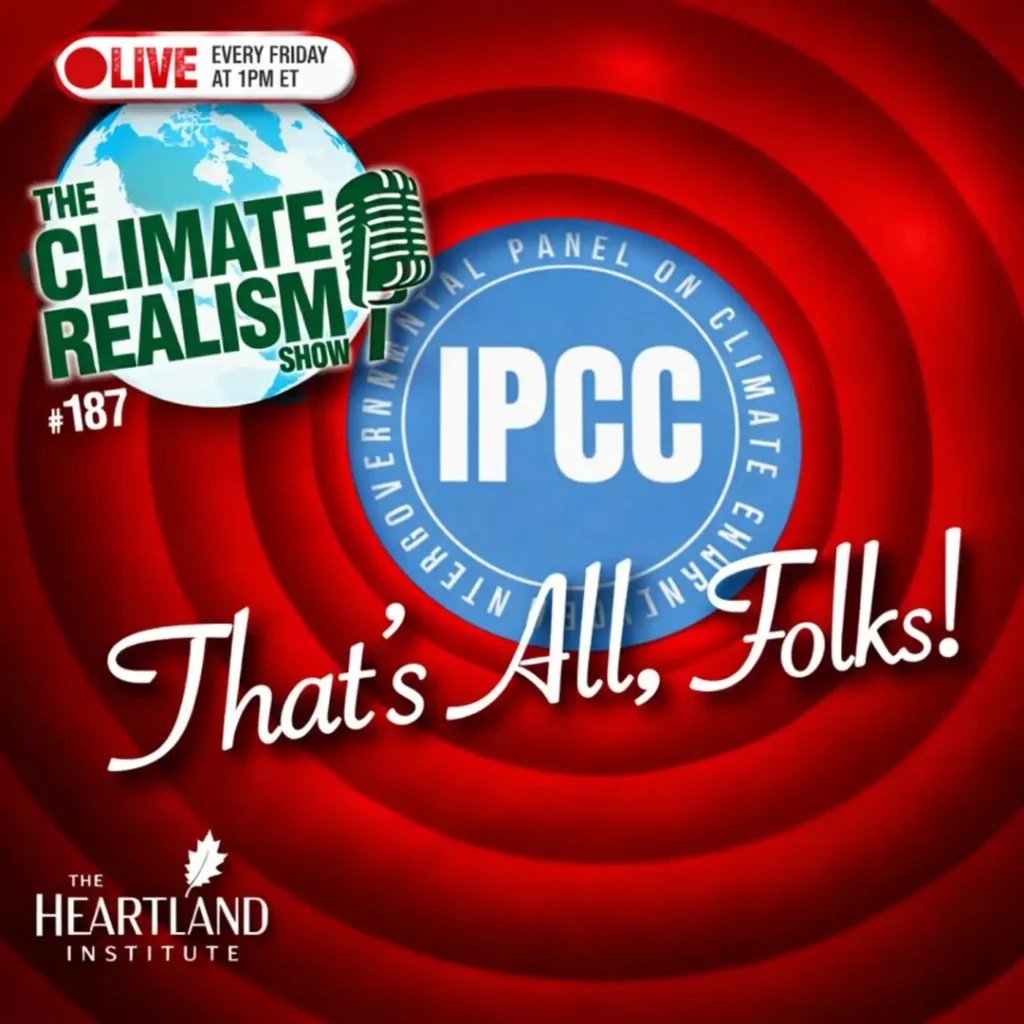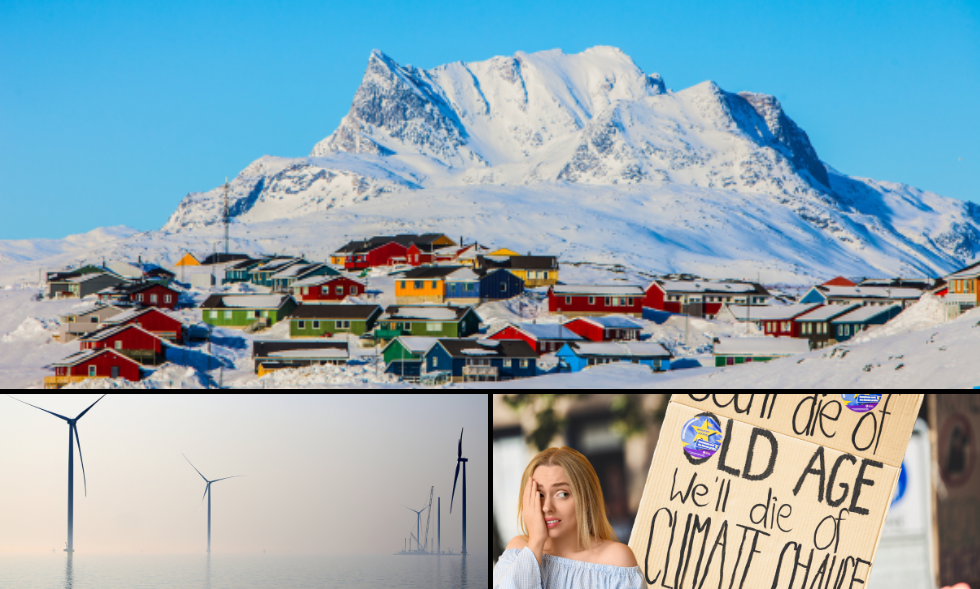The Wisconsin legislature declined to take action on a controversial global warming bill, allowing its 2010 session to end without implementing energy restrictions recommended by a global warming task force handpicked by Gov. Jim Doyle.
Doyle, a Democrat, created the global warming task force in April of 2007, and the task force released its recommendations in July 2008. Among other things, it recommended forcing state residents to purchase 25 percent of their power from renewable sources, imposing higher gasoline taxes, reducing highway speed limits, imposing strict automobile emissions standards, and requiring homeowners to pay for costly energy efficiency improvements before selling their homes.
A bill to mandate the task force recommendations generated plenty of buzz throughout the 2010 legislative session. However, proponents of the bill said they did not have enough votes to move forward.
“Given the fallout of Climategate, the scientific research that the manmade global warming movement was built upon is being questioned once again. Why then would Wisconsin, a single state, act before the science is settled? And to raise the taxes necessary to carry out the goals of the bill while the economy is in such a fragile state would drive businesses and jobs from the state,” said Brett Healy, president of the John K. MacIver Institute for Public Policy, a think tank based in Wisconsin.
Painful Economic Impacts
“An independent analysis from the Beacon Hill Institute showed that 43,000 Wisconsin jobs would be lost if the 25-percent-by-2025 mandate passed,” Healy said.
“Gov. Doyle has said repeatedly that this bill will create 15,000 jobs. However, Gov. Doyle’s own Office of Energy Independence reports that only 2,000 of those will be long-term manufacturing jobs. The vast majority of his figure would be temporary construction jobs. So Wisconsin would still be a net loser of over 40,000 jobs if this bill had passed,” he added.
In a press statement, James S. Haney, president of Wisconsin Manufacturers and Commerce, said, “Wisconsin is in the midst of one of the worst recessions in our history, and new costly, state-only regulations would make us even more uncompetititve.”
Sarah McIntosh ([email protected]) teaches constitutional law and American politics at Wichita State University in Kansas.
Internet Info:
Clean Energy Jobs Act:
http://media.journalinteractive.com/documents/energybillchanges.pdf



